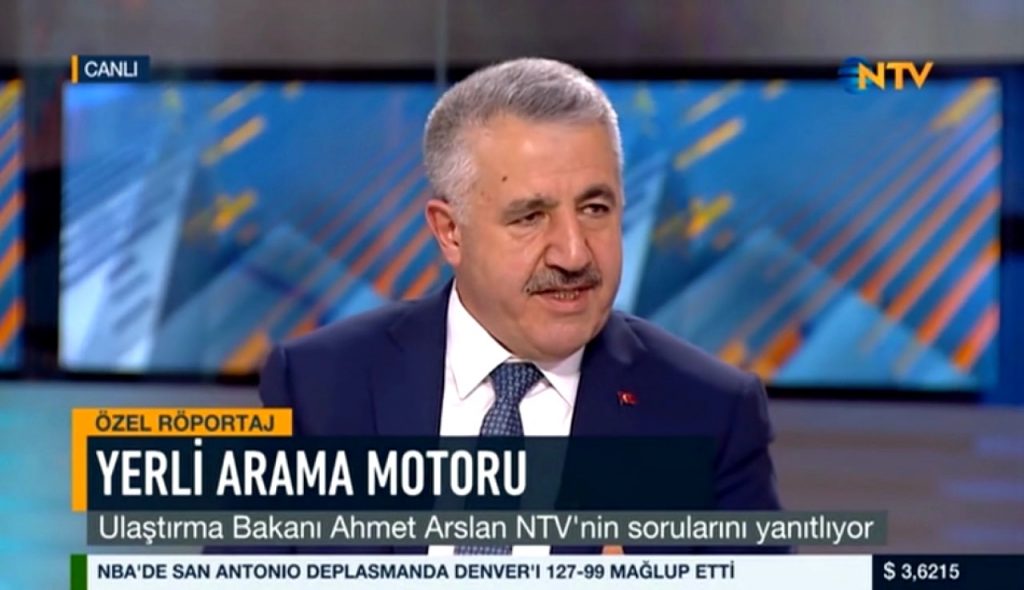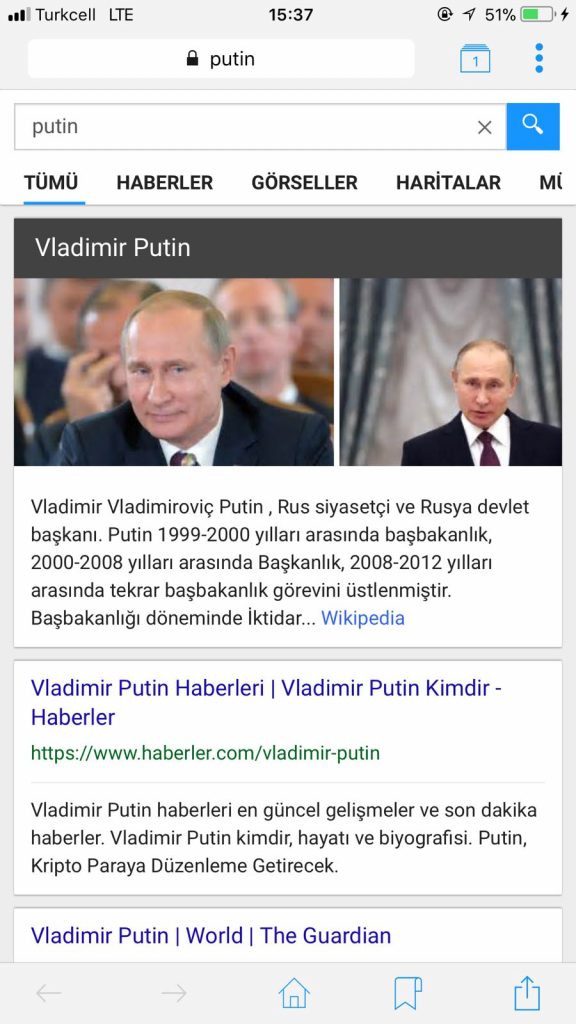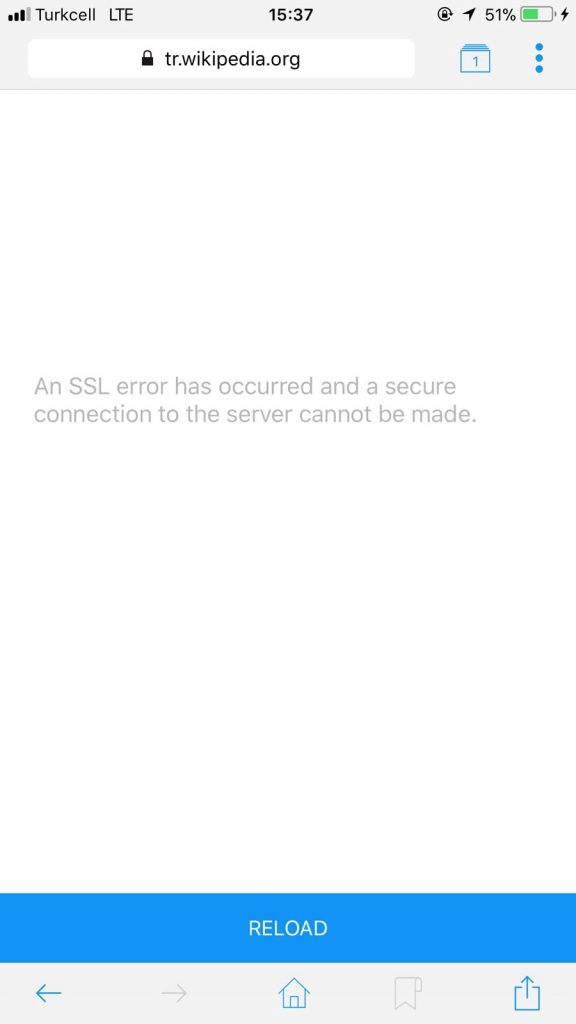Turkish mobile operator Turkcell has released a search app named Yaani which seeks to promote national culture and values. Built around Microsoft Bing search, Yaani also offers news, map and streaming features.

The new mobile app is part of a wider initiative to produce Turkish versions of popular internet products announced by the Minister of Communication in January. Turkey has previously blocked access to Google’s YouTube website, and the country’s leadership is frustrated with Google’s retention of consumer data on foreign servers.
Industry: Turkcell launches Microsoft Bing-powered #Yaani search engine compatible with Turkish culture and valueshttps://t.co/sle91UlsPw pic.twitter.com/6rhfESaUZn
— Turkey Blocks (@TurkeyBlocks) October 25, 2017
Yaani search technology “not Turkish”
Technical analysis by Turkey Blocks researchers indicates that the Yaani app collects user data and search terms on Turkish servers, but performs the actual searches on Microsoft’s Bing search engine in North America. Results for the queries are pulled from Microsoft MSN network crawler indexes in Redmond, Washington, are forwarded back to the user and presented within the Yaani app.
| IP Address | Country Code | Location | Postal Code | Approximate Coordinates* | Accuracy Radius | ISP | Organization | Domain | Metro Code |
|---|---|---|---|---|---|---|---|---|---|
| 207.46.13.85 | US | Redmond, Washington, United States, North America |
98052 | 47.6801, -122.1206 |
1000 | Microsoft bingbot | Microsoft bingbot | msn.com | 819 |
| 157.55.39.110 | US | Redmond, Washington, United States, North America |
98052 | 47.6801, -122.1206 |
1000 | Microsoft bingbot | Microsoft bingbot | msn.com | 819 |
Search #Yaani for "What's my IP address" – the crawler IPs resolve to the Microsoft Bing network (formerly MSN search) pic.twitter.com/8HCBuMcB11
— Turkey Blocks (@TurkeyBlocks) October 25, 2017
These findings cast doubt on claims made at the app’s launch event that a new search engine has been developed and is being used in the product.
Wikipedia features broken due to ban
During tests, the Yaani app consistently featured search highlight “snippets” linking to the Turkish edition of Wikipedia, a popular online encyclopaedia that is blocked in Turkey on grounds of promoting terrorism.
Selecting the recommended search result issues an SSL error and block page hosted by the ICTA internet authority within the Yaani app. It appears that the Microsoft search product has not been significantly adapted for a Turkish audience contrary to marketing claims made at launch.


Freebie campaign to boost adoption
Turkcell, which owns the lion’s share of the market as Turkey’s leading mobile operator, is marketing the Yaani aggressively. Campaign offers include 1GB free data to customers who install the search app on their iPhone or mobile phone. Turkcell is also waiving mobile data charges incurred by their app and bundling the Fizy streaming service – customers who choose Yaani over Google search and YouTube will not have to pay for data consumption.
The company is not alone in the rush to produce Google alternatives; since the minister’s announcement, Turkish companies vying to capture the market have resorted to embedding and re-branding third-party search products offered by Google, Microsoft and Yandex, costing developers as little as $15 and a couple of hours to produce a working search app. Indeed, Turkey industry watchers say there has been no significant rise in recruitment of information retrieval experts, who specialise in the branch of computer science concerned with search engine research and development itself.
The launch is nevertheless significant because it signals Turkcell’s alignment with the ongoing push to assert national identity online. Time will tell if discounts and aspirational marketing with calls to national identity can shift user habits and genuinely challenge Google’s hegemony in Turkey.